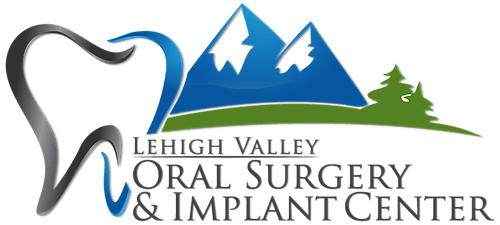This week I had the good fortune to attend the 2013 Nobel Biocare Global Symposium. Over 2,000 dentists from around the world descended on New York City to listen and learn about the newest advances in the field of implantology.
My particular interest was in advances in treatment of the severely resorbed bone. After wearing dentures for years or even decades, a patients bone becomes a fraction of what they started off with. This makes denture stability and retention very difficult, if not impossible. Though traditional dental implants are a great solution for a great majority of patients, those who have severe bone resorption may not be candidates for traditional implants without undergoing extensive bone grafting procedures. This type of bone grafting can take a long time, be invasive, requiring other surgical sites, and very costly.
With the introduction of Zygomatic dental implants, there is now an alternative for these patients. They can avoid the extensive bone grafting and get dental implants that are anchored into the zygomatic bone. Though technically more challenging to place, zygomatic implants offer a great solution to patient who cannot get traditional dental implants in the upper jaw.
There are more and more studies being published showing the high success rates of zygomatic dental implants. In the future, hopefully, no patient will have to struggle to keep their denture in while doing basic tasks like speaking and eating.

